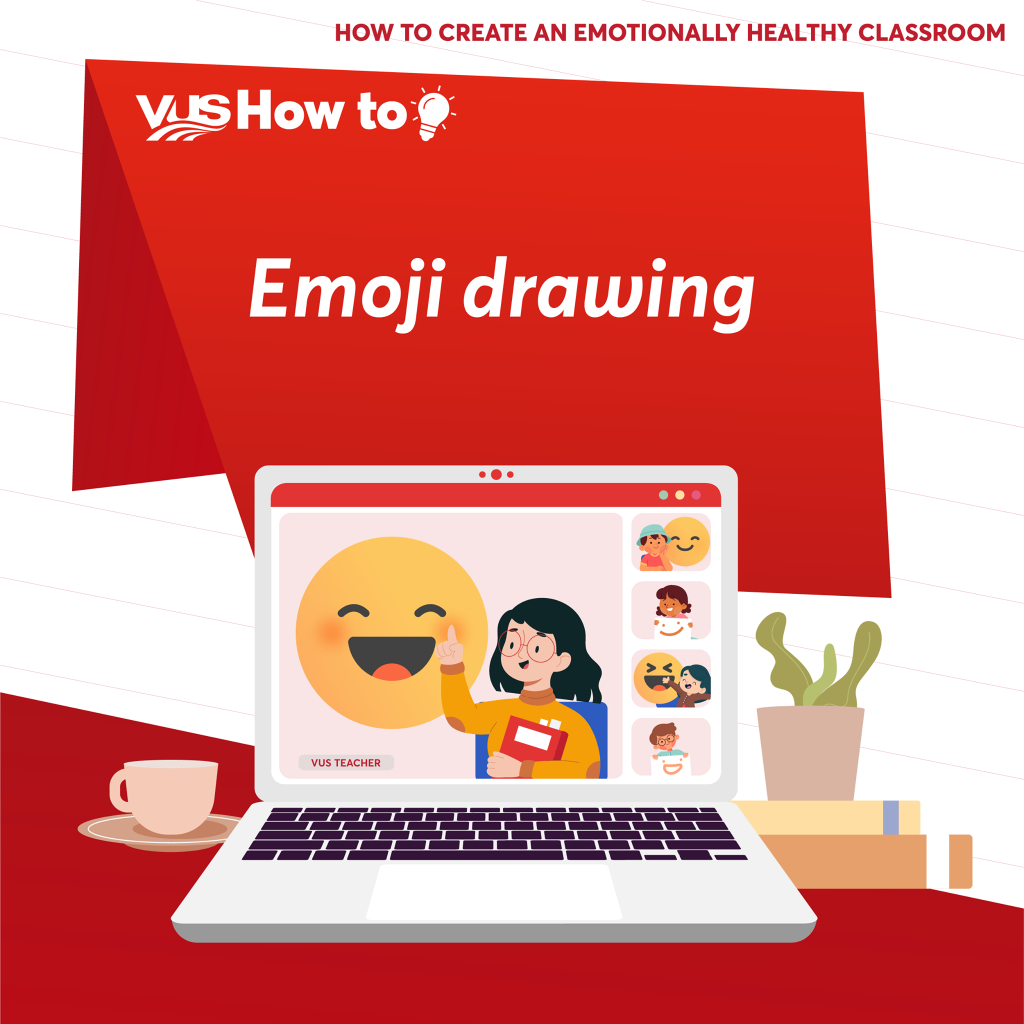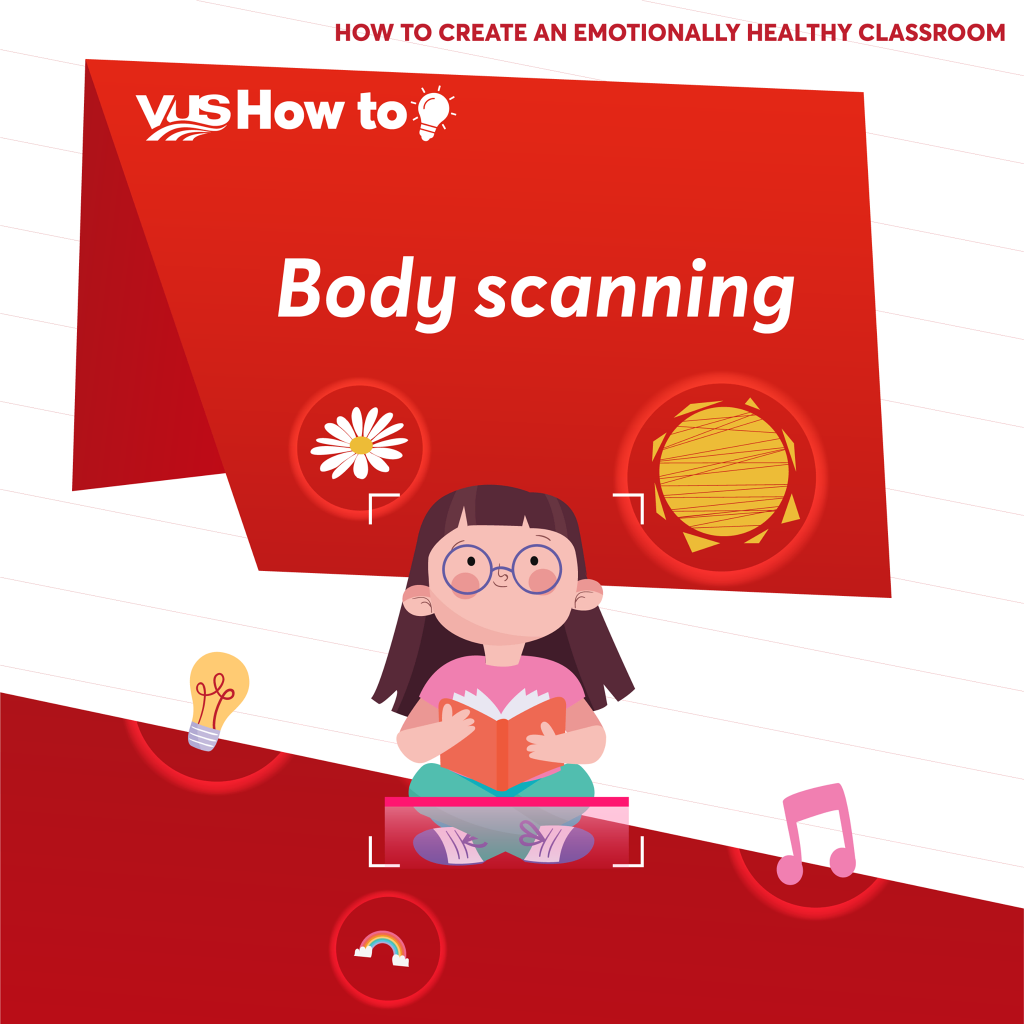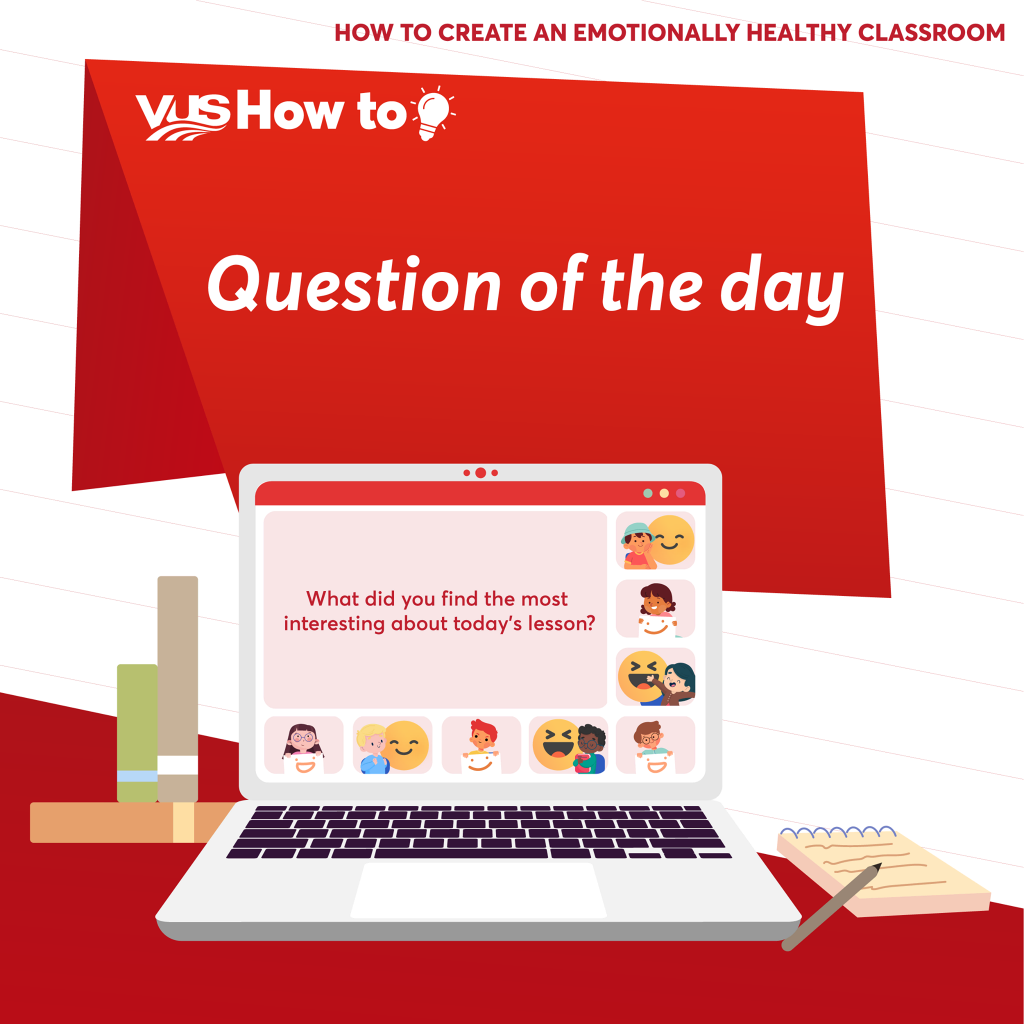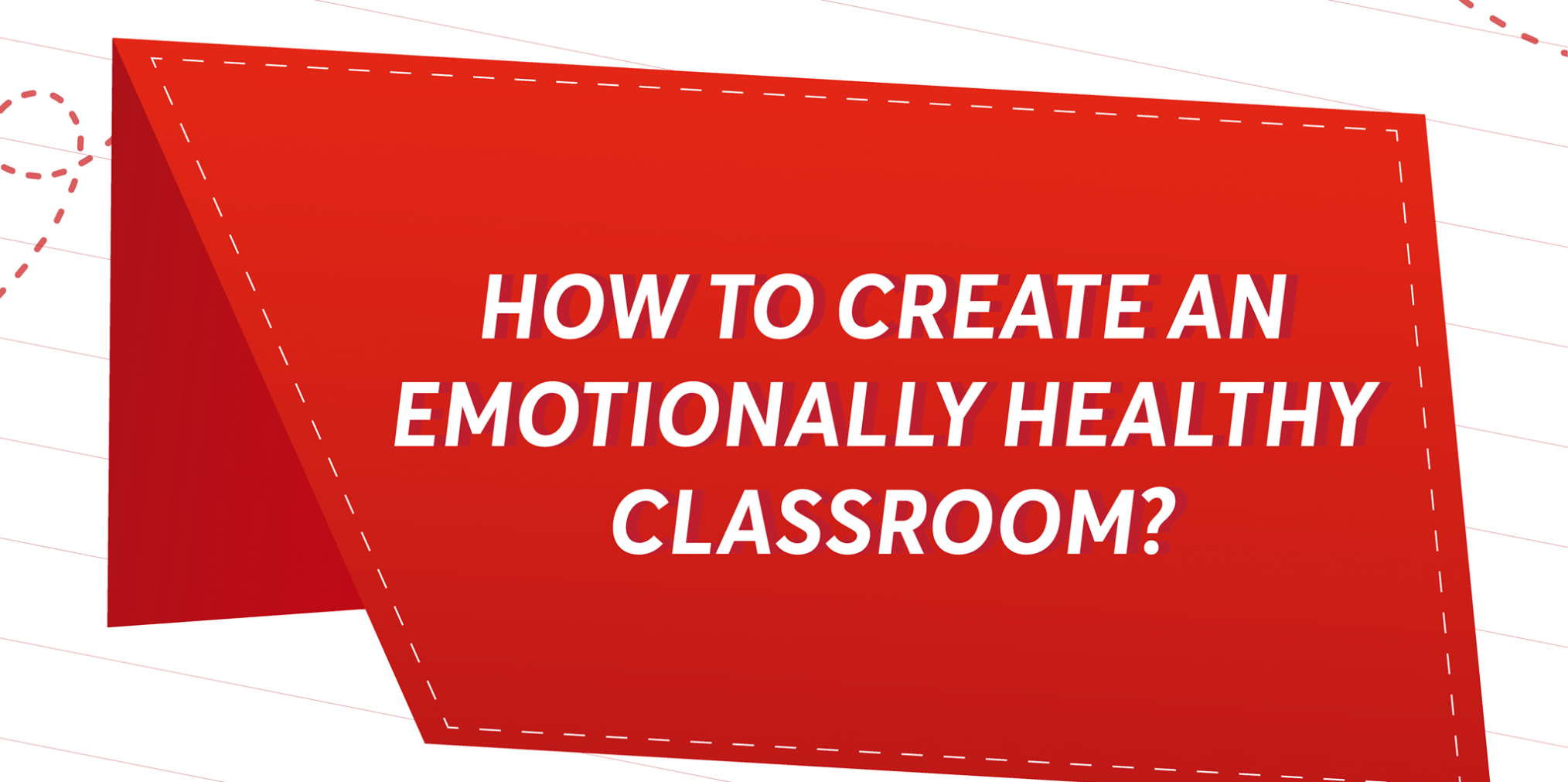✨ 𝗖𝗵𝗶𝗹𝗱𝗿𝗲𝗻 𝘁𝗵𝗿𝗶𝘃𝗲. 𝗦𝗰𝗵𝗼𝗼𝗹𝘀 𝘄𝗶𝗻. 𝗦𝗼𝗰𝗶𝗲𝘁𝘆 𝘀𝘁𝗿𝗲𝗻𝗴𝘁𝗵𝗲𝗻𝘀. ✨
All of the following are due to Social-Emotional Learning – SEL. SEL is the process of developing self-awareness, self-control, and interpersonal skills that are vital for school, work, and life success.
Students with strong social-emotional skills are not only better at reducing the intensity of staying at home for a long time and the feeling of isolation but also better at fully-feeling their emotions and demonstrating empathy for others. SEL consists of five key skills:
📍 Self-awareness
📍 Self-management
📍 Social awareness
📍 Relationship skills
📍 Responsible decision-making
By developing your students’ emotional intelligence skills, teachers will help students make good and responsible decisions and build positive relationships with others. It can also help students become better, more purposeful and self-aware both in and outside of the classroom.
🤓 If you want to improve your student’s learning experience during a virtual classroom, you can use the following activities at any stage of the lesson that you see fit.
1. Emoji drawing
Instead of asking students ‘How are you doing today? ’, encourage them to draw themselves or ask them to use their mobile devices to search for available emojis. Next, ask for volunteers to share their drawings or emojis with their cameras on. This will help bring enjoyment and increase interaction in the virtual class.
Then divide students into groups and assign them to different breakout rooms where they check in based on the emojis they shared.

2. Body scanning
The main purpose of this activity is to allow students to appreciate their presence through the five senses.
Have students close their eyes and breathe deeply. Then, ask them: What can you hear? What can you smell? What are you thinking of?, etc.

3. Question of the day
At the end of the lesson, organize a discussion on the question of the day.



